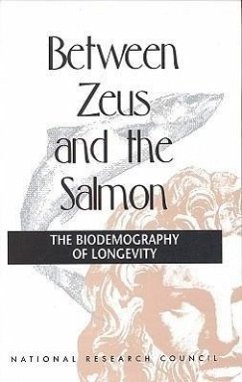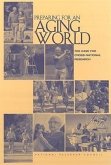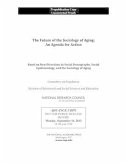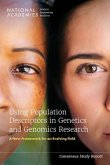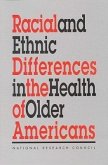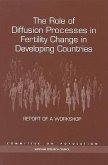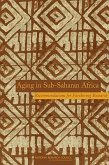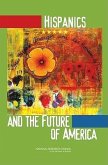Demographers and public health specialists have been surprised by the rapid increases in life expectancy, especially at the oldest ages, that have occurred since the early 1960s. Some scientists are calling into question the idea of a fixed upper limit for the human life span. There is new evidence about the genetic bases for both humans and other species. There are also new theories and models of the role of mutations accumulating over the life span and the possible evolutionary advantages of survival after the reproductive years. This volume deals with such diverse topics as the role of the elderly in other species and among human societies past and present, the contribution of evolutionary theory to our understanding of human longevity and intergenerational transfers, mathematical models for survival, and the potential for collecting genetic material in household surveys. It will be particularly valuable for promoting communication between the social and life sciences.
Hinweis: Dieser Artikel kann nur an eine deutsche Lieferadresse ausgeliefert werden.
Hinweis: Dieser Artikel kann nur an eine deutsche Lieferadresse ausgeliefert werden.

